Media Statement
2 March 2021
Many Aboriginal people and their families continue to experience poor mental health and wellbeing due to the long-lasting impacts of colonisation, intergenerational trauma, government policies and systematic racism exacerbated by a mental health system failing to meet demand or the needs of Aboriginal children and families.
Today’s Royal Commission into Victoria’s Mental Health System Final report tabled in Parliament provides much needed guidance on creating a more accessible, holistic and community led mental health system for Victorians. Yet, while the report highlights that Aboriginal people experience disproportionately higher rates of suicide, anxiety and depression and systemic racism in all health systems; the recommendations continue to value and prioritise mainstream, tertiary level interventions.
“The lack of recommendations to make mainstream mental health services accountable, to provide culturally safe and appropriate mental health services to Aboriginal children and families is in direct contrast to the great work being undertaken in Victoria to further self determination and truth telling”, says VACCA CEO Muriel Bamblett.
The recommendation to invest in Aboriginal led healing centres is overdue. At VACCA our multi-disciplinary, Aboriginal led Healing Team have been providing mental health services to children and families over a number of years and we look forward to working with government to share our learnings and develop best practice models moving forward.
“Providing developmentally and age-appropriate treatment and care for children and young people’s social and emotional wellbeing that is Aboriginal led, with a connection to their culture is the only way forward. The recognition that the age limit of youth mental health services be expanded to 26yo must flow through to other sectors so our children receive the support they need, like supported housing, education and employment pathways. These are all essential to greater wellbeing and health,” Ms Bamblett added.
While most Aboriginal children and young people grow up surrounded by family and culture, many are still removed from their families, placed in out-of-home care and experience significant trauma.
“We need a mental health system that works seamlessly with other areas of need where Aboriginal people choose to access support outside of health services. Where are the mental health supports for children in OOHC, children exposed to family violence, children in the justice system etc? Social and emotional wellbeing occurs in a context, this report fails to adequately address the whole Aboriginal person, fully understand Aboriginal therapeutic practice frameworks for engagement and treatment. Nor does it address institutional and systemic racism and challenge mechanisms to keep them socially responsible.”
For all media enquires please contact Sarah Gafforini, VACCA Director Office of the CEO, on 0427 621 421


